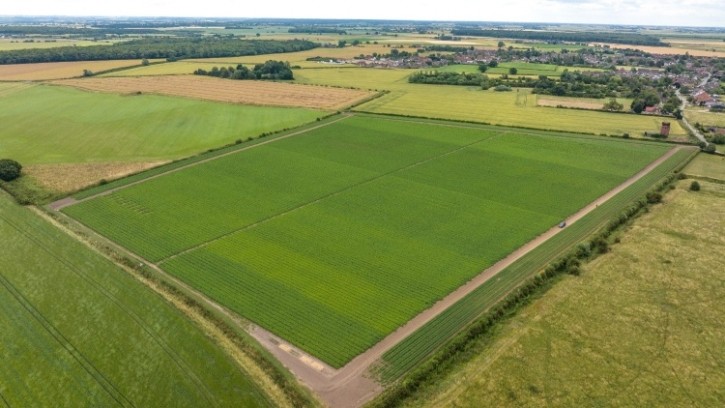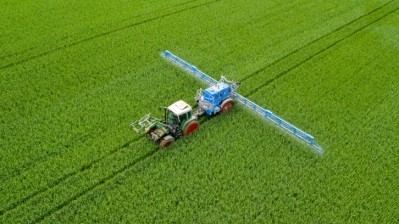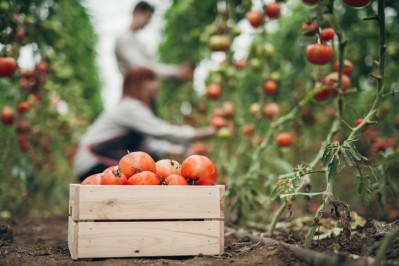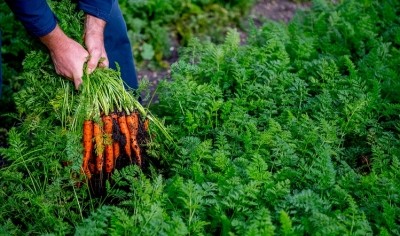News
‘Step change’ required for potato industry to meet net zero goals

Working alongside agritech firm B-hive Innovations, the University of Lincoln, technology firm Crop Systems and fellow potato growers, Branston has looked at reducing the carbon footprint associated with the production of potatoes.
Throughout 2023, the Innovate UK funded project has focused on reducing the sector’s reliance on nitrogen fertilisers due to the emissions that result from its production.
These fertilisers are needed to promote healthy growth and ensure production reaches the necessary levels, so trials have sought to find an alternative or a new method for recycling.
Across both trials run this year, plots with varying levels of nitrogen applied have been measured against each other, with “differences in the colour and vigour of the canopies” already noted.
“It will be interesting to see what variation we get in yield at harvest,” added Blair.
Crop nutrition changes
The trials have also looked into the potential applications of R-lead technology, which has the potential to alter the process of crop nutrition.
Developed by Crop Intellect, it could allow growers to reduce the amount of fertiliser used during planting.
“To work out what the plants need as they grow, we’re evaluating a new system from Piketa, which will give in-field, real-time nutrient analysis via the leaves,” said Blair.
“This has the potential to save the cost of lab analysis and allow growers to respond immediately by feeding the crop what it needs when it needs it.”
When nitrogen fertilisers break down, they release nitrous oxide, which Blair said is 265 more potent than carbon dioxide. As a result, the University of Lincoln has agreed to help measure the gas throughout growing season.
The project is also assessing the potential of different potato varieties, which can deliver a higher yield without such a reliance on nitrogen fertiliser.
“While much of the work that is being undertaken is around reducing inputs, the team is well aware that yield and quality are still very important,” said Blair.
“Any reductions that lower the marketable yield could necessitate an increase in other inputs and be detrimental to the overall carbon footprint. We’re looking at ways to get the balance right for truly sustainable potato production.”
‘Business as usual won’t cut it’
Summarising the findings of the research so far, Blair called on the potato industry to be ambitious in a bid to reach net zero.
He said that a “step change” was possible if there was concerted effort from across the industry.
“A ‘business as usual’ approach isn’t going to cut it anymore, and the responsibility rests across everyone involved to find solutions,” Blair added.
“The direction of travel is changing, and for the most part the industry seems to be steering in the right direction.”
In other news, major reforms are needed to end the spread of bird flu according to a new report.

















